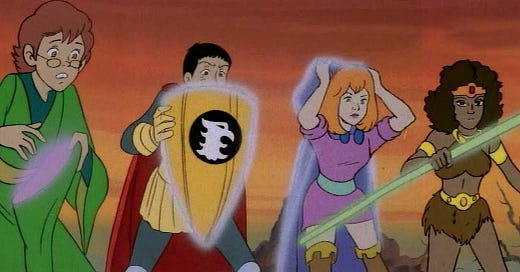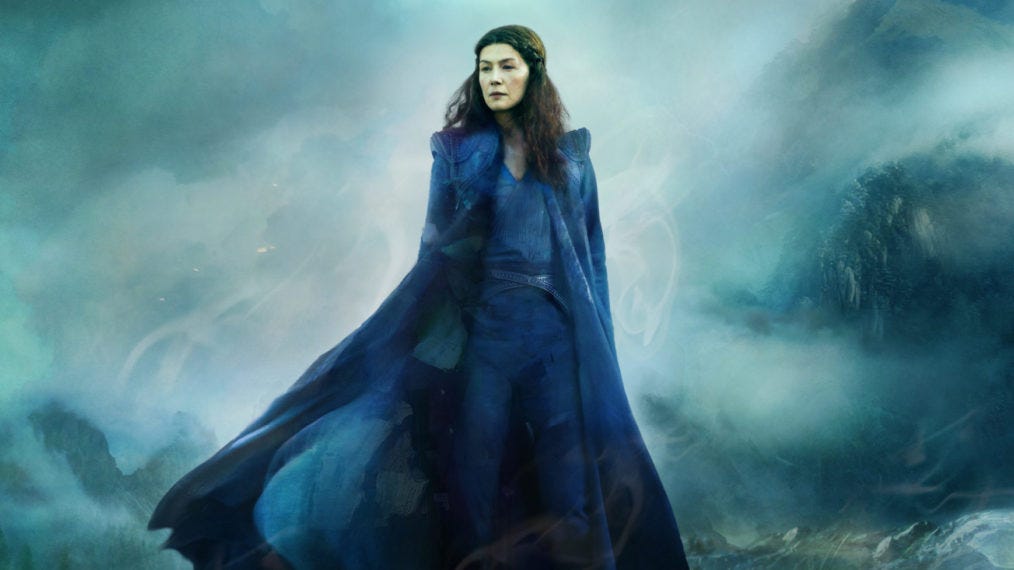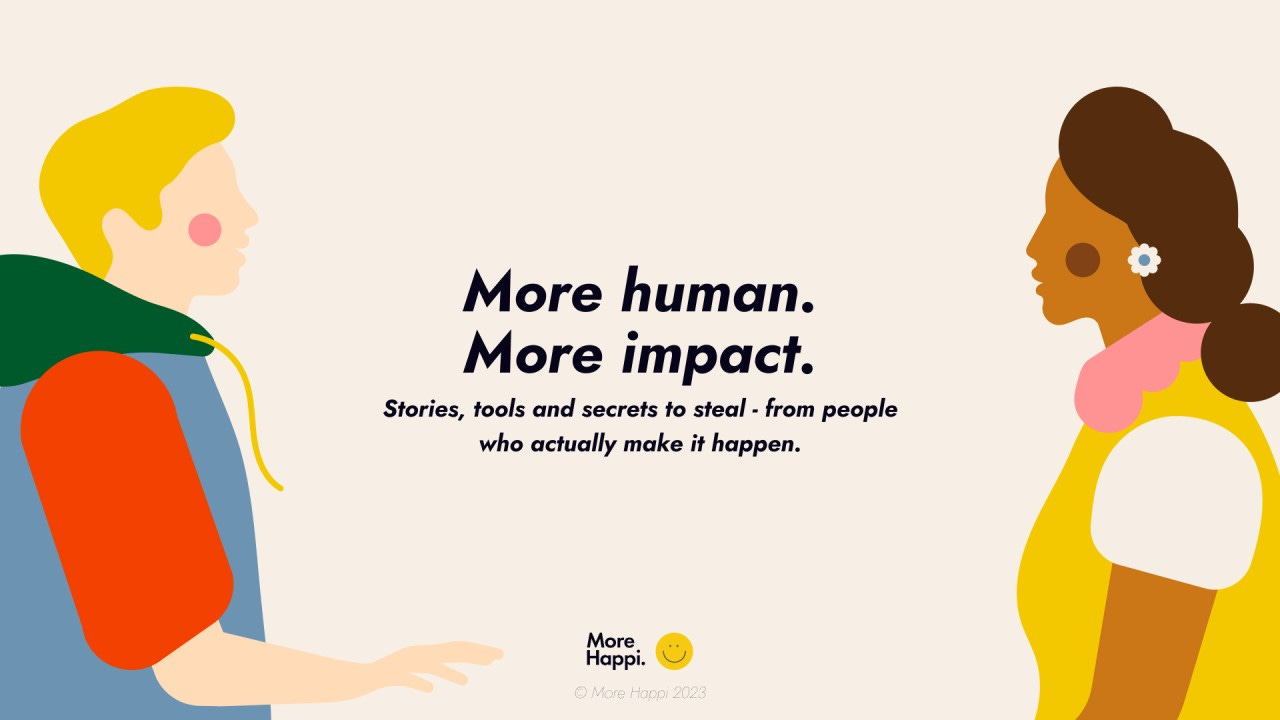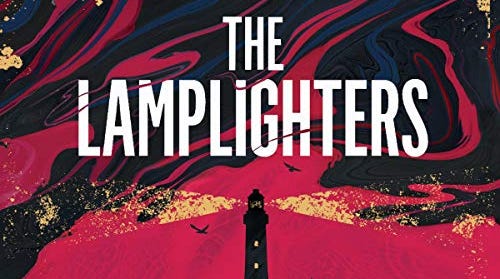👋 Oh hello. Today’s issue of the Gazette begins a three-part series so if you haven’t already, be sure to sign up and ensure you don’t miss the rest!
Introducing the 5 Personality Classes
I have very mixed feelings about categorising people by set "personality types". On one hand there's something quite exciting about identitying your personality type and thinking about all the secret insights this has just unlocked. But in practice, I find after that the initial thrill passes, there's little value in the exercise. No one starts living their life differently just because they've realised they're an INFJ or a Red. In fact, the idea of being pigeon-holed into a small set of options can be demoralising and unhelpful.
There is one model which I have across though which I think does have value, and is one most people tend not to have come across before. It was introduced to me by Jim McNeish as simply "The Five Personality Types", which in turn was based on a system called bioenergetics. Now there was quite a lot of those versions of the system which didn't sit well with me such as supposedly being able to determine somone’s personality type by the shape of their body or by throwing around labels like “schizoid” or “unwanted child”. My version of this system takes just the useful bits and because I’m a geek, relabelled things with common archetypes (or Classes) you’d find in a roleplaying game or fantasy movie:
🧙 The Wizard
🪕 The Bard
🎩 The Leader
❤️🩹 The Healer
🏹 The Archer
There are three important distinctions between this system and others.
Firstly, you don't just have one of these Classes, you get to multi-class! In fact you have all of them, but to varying degrees. One will be far more dominant - you can think of this as your Primary Class, then you'll have a Secondary and Tertiary class. After that, the distinction is less important and the other two can usually be ignored. For example I consider myself to be a Healer-Wizard-Bard.
Secondly - there is no quiz to take, or process to go through to work out which Classes you belong to. As they are described, you should start to recognise the patterns described in both yourself and others.
Finally, and this is where the real value of this system comes in, each of these Classes isn’t a fixed model which can’t be changed. Rather each Class revolves a set of core needs which then drive a wide spectrum of behaviours, good and bad. Knowing which Classes you are working with is the beginning to help shift those behaviours towards being more postive and empowering.
This will all make more sense once you start to understand the nature of the different Classes, so today we’ll dive in and explore the Wizard class. The remaining four will be covered in followings installements of the gazette.
🧙 The Wizard
The Wizard is a great thinker. They thrive with facts and systems, so are powerful analysts or knowledge workers, but struggle when things get messy and they have to deal with human emotions (including their own). Their stark view of the world can make them blind to the feelings of others, causing them to come across as cold, uncaring or blunt.
At their best they are deeply intelligent, intuitive and solve complex problems.
At their worst they can be unrealistic, detached and driven by a fear that the world is against them.
What they really need is the space to think and reflect on new information, to be given clear guidelines and for change to be kept to a minimum.
A great example of a Wizard personality is Sheldon Cooper in the Big Bang Theory. Whilst intellectually brilliant and a loyal, caring friend, he is frequently demanding that things be done in the manner which he is used to, and dismisses other people’s needs or opinions casually. Coming from the world of web development / software engineering - I’d argue that this is a field populated almost entirely with Wizards who are attracted to the structured nature of programming!
Check out the next installment where we look at the Bard and Leader classes.
Bonus bits
🗞️ This is interesting
Change envy from being something to be discouraged into a powerful tool to improve yourself.
📖 I’ve been reading
Inspired by the mystery of the Flannan Isles lighthouse, the novel explores the disappearance of three lighthouse keepers with the narrative switching between the three men in the 1970s and then the partners they left behind in the 1990s reacting to a journalist once again trying to dig up the truth.
👨🎤 I love a good cover
Bizarre Love Triangle - Originally by New Order - Covered by Desire
Join our community on Slack
Don't let fear hold you back. 👻







